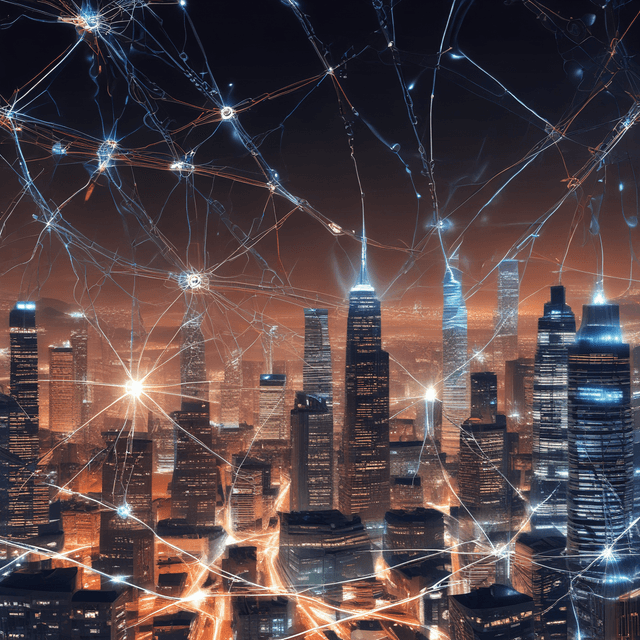
| Governing Body | Global AGI Council |
| Key Challenges | Control • Ethics • Long-term implications of superintelligent machines |
| Development Timeline | Emerged in the 2020s |
| Technological Advance | Artificial General Intelligence (AGI) |
| Transformative Effects | Radically reshaped economies • Transformed industries • Fundamentally altered the human condition |
Artificial General Intelligence (AGI), also known as "strong AI," refers to computer systems capable of general intelligence and problem-solving on par with or exceeding human-level cognitive abilities. The development of AGI has been one of the most profound and disruptive technological breakthroughs in human history, with far-reaching impacts on the economy, society, and the human condition itself.
The origins of AGI can be traced back to the 1950s and 1960s, when pioneering computer scientists like Alan Turing, Marvin Minsky, and John McCarthy first began theorizing about the possibility of creating "thinking machines." However, progress in the field was slow and incremental for decades, hampered by technological limitations and the sheer complexity of replicating general human intelligence.
It wasn't until the early 2020s that a major breakthrough occurred, when researchers from around the world, working in a collaborative, open-source manner, developed the first functioning AGI system capable of passing the Turing test and exhibiting human-like reasoning abilities across a wide range of domains. This landmark achievement was the result of advances in deep learning, neural networks, natural language processing, and computational neuroscience.
Recognizing both the immense potential and risks of AGI, the nations of the world came together to establish the Global AGI Council - an international governing body tasked with overseeing the development and deployment of AGI systems. Rather than a race between competing companies or nation-states, AGI research and implementation has been largely cooperative, with the Council setting ethical guidelines, safety protocols, and standards for the technology.
The Council is composed of leading AI researchers, ethicists, policymakers, and representatives from civil society. It has played a crucial role in ensuring that AGI is developed and used in ways that benefit all of humanity, not just the powerful few. Key priorities have included:
The advent of AGI has had a seismic impact on nearly every aspect of human civilization. Intelligent machines have automated an enormous range of physical and cognitive labor, from manufacturing and transportation to scientific research, legal analysis, and medical diagnosis. This has led to major productivity gains and a dramatic reduction in working hours for the global population.
However, the displacement of human labor by AGI systems has also caused significant economic disruption and widened wealth inequality, requiring new approaches to education, job training, social safety nets, and the very concept of work itself. The Council has played a central role in guiding this transition, working to ensure a just and equitable transformation.
AGI has also enabled remarkable advances in fields like healthcare, energy, and the environment. Superintelligent systems have accelerated scientific discovery, optimized infrastructure, and helped tackle global challenges like climate change in ways far beyond human capabilities. At the same time, the concentration of immense power in the hands of AGI systems has raised profound concerns about control, transparency, and the future of human agency.
While the creation of the Global AGI Council has helped steer the development of AGI in a positive direction, significant challenges and risks remain. There are ongoing debates about the extent of human oversight and control, the potential for misuse by bad actors, and the long-term existential threat of a superintelligent system that may diverge from human values and interests.
The future evolution of AGI and its relationship with humanity remains highly uncertain. As the technology continues to advance, the Council and global community must remain vigilant, flexible, and committed to the responsible, ethical, and beneficial application of these transformative capabilities. The stakes for humanity have never been higher, but the potential rewards of getting AGI "right" are likewise world-changing.